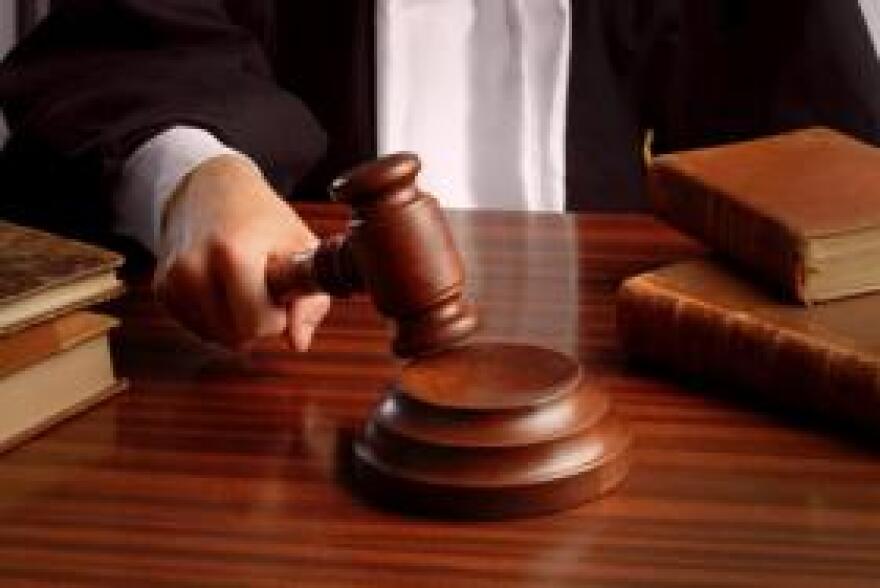North Carolina's law that prohibits people convicted of felonies from registering to vote while they are still serving probation, parole or other supervision discriminates against Black residents and is unconstitutional, a panel of state judges ruled on Monday.
The decision expands on a preliminary injunction issued last August by the majority on the same panel that heard evidence in a trial challenging a 1973 state law that delays the restoration of voting rights for some offenders who aren't serving prison or jail time. It could affect tens of thousands of people previously convicted of felonies.
That injunction was blocked by the state Supreme Court in September. But any offender who registered during a roughly 10-day period when that injunction was in place could remain on voting rolls, the justices ruled last year.
Now Monday's order essentially makes the content of that previous injunction more permanent. Lawyers for the state and General Assembly leaders could appeal the decision and seek to delay its enforcement for now.
But if upheld, the ruling signed by Superior Court Judges Lisa Bell and Keith Gregory could mean offenders still on probation or parole or being formally supervised for a state or felony conviction could register to vote.
Last summer, that would have affected more than 56,000 people, according to evidence at trial.
The North Carolina Constitution forbids a person convicted of a felony from voting “unless that person shall be first restored to the rights of citizenship in the manner prescribed by law.” The law laying out those restoration rules requires the “unconditional discharge of an inmate, of a probationer, or of a parolee.”
Gregory and Bell agreed that the law violates equal protection and free election clauses of the state constitution.
They cited evidence presented during the trial that the felony disenfranchisement laws stemmed from a Reconstruction-era effort to intentionally prevent Black residents from voting. The 1973 law eased restoration requirements.
Evidence showed that today Black residents are disproportionately denied the right vote due to the felony supervision limits, the ruling said.
"The legislature cannot purge through the mere passage of time an impermissibly racially discriminatory intent,” Bell and Gregory wrote. “The legislature’s decision in the 1970s to preserve (the law's) denial of the franchise to people living in the community was itself independently motivated by racism.”
The law also prevents people otherwise living in their communities from participating in the electoral process, the judges wrote.
“Elections do not ascertain the will of the people when the denial of the franchise to such a large number of people has the clear potential to affect the outcome of numerous close elections,” Bell and Gregory wrote.
Judge John Dunlow, a panel member who declined to issue the preliminary injunction last August, also issued a dissenting opinion Monday.
Dunlow wrote that establishing a process by which convicted felons regain their voting rights until after they complete post-release probation or supervision is “a valid and legitimate governmental interest.”
The law “does not bear more heavily on one race than another” and “does not have the intent nor the effect of discriminating against African Americans,” Dunlow added.
Several civil rights groups and ex-offenders had filed a lawsuit in 2019. Some individual plaintiffs testified to their desire to vote. Probation can last several years.
“People who work, live and pay taxes in our communities should not have their voices & votes silenced due to a previous felony conviction,” Durham-based Forward Justice wrote in a tweet. A lawyer for the group helped represent the plaintiffs.
Senate leader Phil Berger and House Speaker Tim Moore, who were listed among the lawsuit defendants, didn't immediately have a comment late Monday on the ruling, their spokespeople said.






